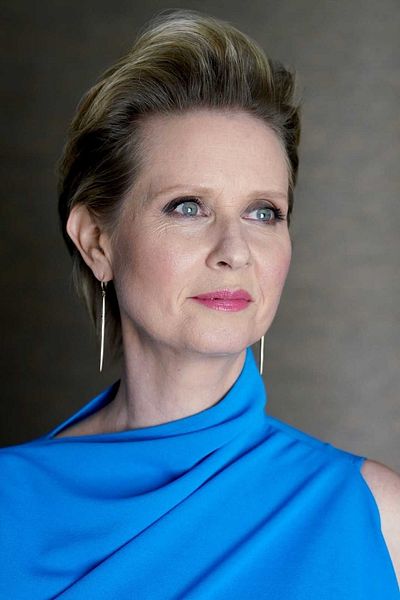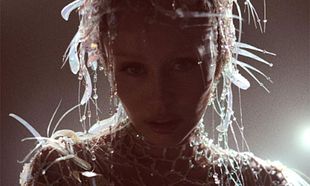"Women can't create the permanent treasures of literature," says one rejection letter of Emily Dickinson's poems. This biopic from Brit director Terence Davies (The Deep Blue Sea) puts the oppression of women front centre and has a terrific Cynthia Nixon (Sex and the City) play the reclusive poet whose genius went unrecognised in her time.
A strong and moving biopic that will appeal not only to fans of poetry but also to those who haven't thought about the poet since there was an unopened Soundings sat on their desk. Dickinson's legacy will always be morose poems but surprisingly Davies here donates a giant chunk of the running time to a bright and sparky young Emily. Standing defiant to the cultural and social mores of the time, she won't attend church and has only a passing interest in the bachelors that come her way; most of her time is spent conversing with her sister (a brilliant Ehle) and friend and proto-feminist Buffam (an eye-catching turn from Bailey). At night she writes, with her stern but understanding father's (Carradine) permission, of course.
Davies' style here initially is very staid and rigid. The camera rarely moves and, bar an impressive ageing scene, doesn't draw attention to itself. The dialogue is deliberately stagey and stiff and on the nose, probably to allow Dickinson's expressive poetry (heard in narration) to really shine. The scenes are brief and the narrative episodic. The film comes loose of these shackles later and seems to grow into itself, becoming fun with some genuinely laugh out loud moments.
But Davies slowly chips away at Dickinson's, and by extension the film's, chirpy demeanour. As rejections slips pile up, Dickinson isn't afforded the same success as her British contemporaries the Brontes ("all that Yorkshire gloom" their work is dismissed as) and the terrible possibility that her work will never be accepted begins to dawn on her. Her mother's (Joanna Bacon) undiagnosed depression worsens, Dickinson becomes dismayed that her brother (Duncan Duff), a man she admired, becomes embroiled with a married woman, and cracks appear in the once close relationship with her sister. She retreats within herself, only greeting guests from the safety of her bedroom door. Loneliness soon dominates (a wonderful scene with her brother's wife, Jodhi May, has the two women connect over their shared solitude): "Poems are my solace from the eternity that surrounds us."




















































































